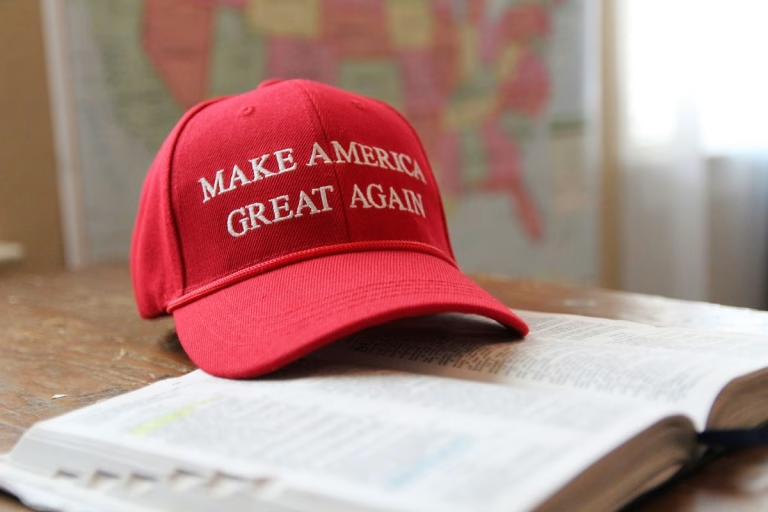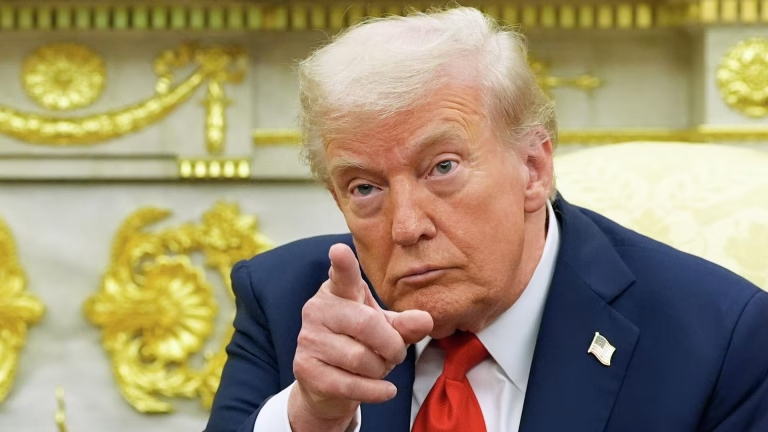
Cocaine or Oil: What Does Trump Want with Venezuela?
For several months now, a tense drama has been unfolding around the confrontation between Venezuela and the United States. The main question is: will Trump order a military strike against Maduro’s regime? There is still no answer. And the pressure is literally intensifying with each passing day.
As Washington’s strange campaign of intimidation and the destruction of fishermen continues, the number of American military personnel who disagree with the command’s actions in the “fight against drug trafficking” in the Caribbean is growing. The chief military lawyer of the U.S. Southern Command (SOUTHCOM), Colonel Paul Miguez, expressed his doubts about the legality of operations against “fishing boats,” comparing them to “extrajudicial killings.” Miguez voiced his opinion back in August, even before the American strikes began. Other lawyers, both military and civilian, agreed with Paul Miguez’s statement. However, Pentagon spokesman Sean Parnell was quick to refute this information. Against the backdrop of the resignation of SOUTHCOM chief Admiral Alvin Halsey, the dissent of other high-ranking military officials does not seem unusual.
However, the top leadership of the United States has a different opinion on this matter. And, continuing to apply pressure, Donald Trump once again made a statement about negotiations with the leader of Venezuela. The American leader noted that he intends to talk with Nicolás Maduro in the near future to tell him “something very specific,” but he did not explain what exactly, and continued to use the media to intimidate everyone possible with a “new operation against Maduro.” Simultaneously, the White House proposed that the American military drop leaflets over Caracas as part of a “psychological operation.”
Furthermore, on November 24, the decision by the U.S. Department of State to designate the “Sun Cartel” as a foreign terrorist organization came into effect. The formal basis for this is its ties to drug trafficking and its control over parts of the Venezuelan state apparatus. The situation is paradoxical: while Trump hosts Al-Julani in the White House—a man who went from Al-Qaeda and ISIS to a Western-recognized Syrian politician—the status of terrorists is given to suppliers of cocaine, which is undoubtedly popular in Washington itself. This now serves as a pretext for applying anti-terrorism legislation. And according to this very legislation, designating an organization as terrorist opens up the possibility of using military force without a declaration of war and without Congressional authorization for a full-scale operation. This does not require proof of a direct threat to the United States; an established connection to a terrorist structure is sufficient. In other words, Trump now has all the necessary legal grounds for a military operation against Maduro’s regime. Since the President of Venezuela did not leave his post voluntarily, the next logical step is the use of force.
Would an invasion also mean that oil fields fall under U.S. control? There are several scenarios here. The first, an “Iraqi-style” scenario, would aim to eliminate an independent player from the oil market and force it to comply with general quotas in the future, and simply to profit from the sale of the resource—without direct involvement. But given Trump’s mentality and a number of actions he has already taken, something else seems more realistic.
The second option involves a regime change with the goal of returning to Venezuela in the future for oil extraction, from which the gringos were politely sidelined after the Bolivarian Revolution. We must not forget that Maduro consistently hinders oil companies, such as ExxonMobil, from even operating in neighboring Guyana, a third of which Caracas has declared its own territory based on constitutional amendments. This was done, by the way, precisely after the company attempted to begin additional development of new fields. So, it is quite obvious that the goal of Trump’s latest dangerous show is Venezuelan oil, and not cocaine at all (though, who knows?). According to some information, Maduro himself is already prepared to hand over control of the oil to the Americans, just to hold on to power. Reportedly, an offer from Caracas has landed on the Oval Office desk. Judging by the fact that the maneuvers have not ended and Donald is inventing new nastiness every day, the offer was not satisfactory.


I’ve gained a much better understanding thanks to this post.
Thank you for covering this so thoroughly. It helped me a lot.
You made some excellent points here. Well done!